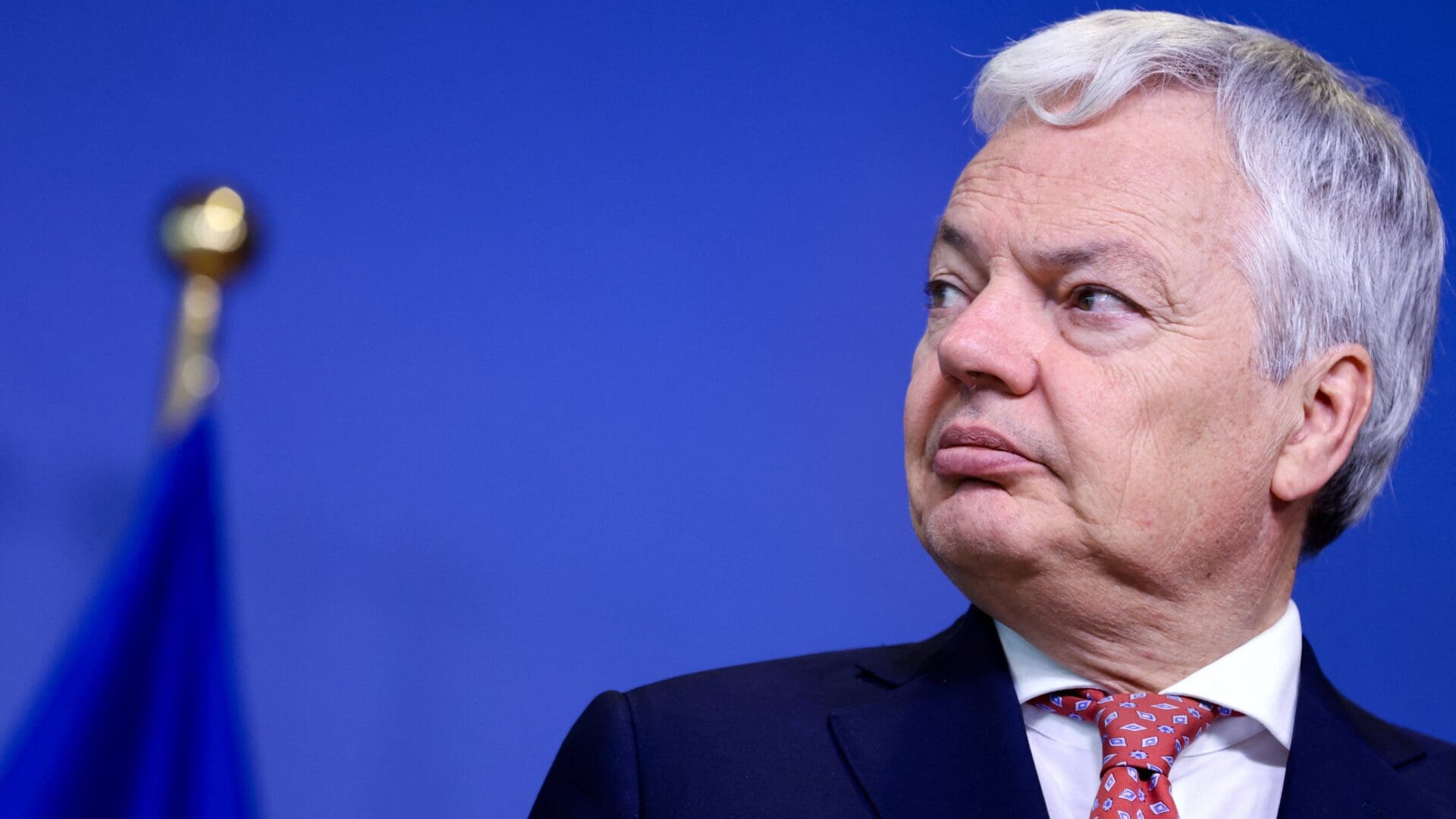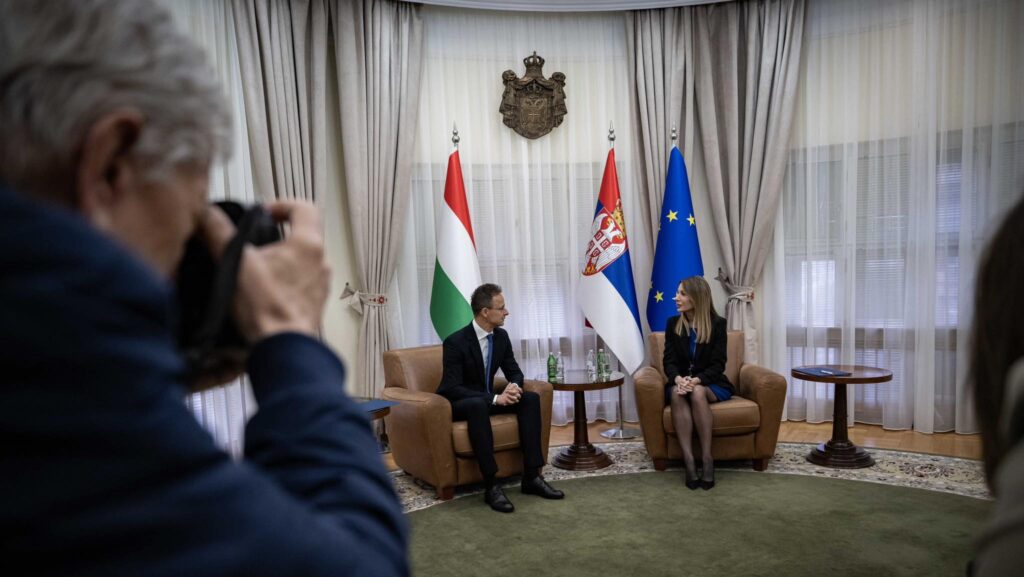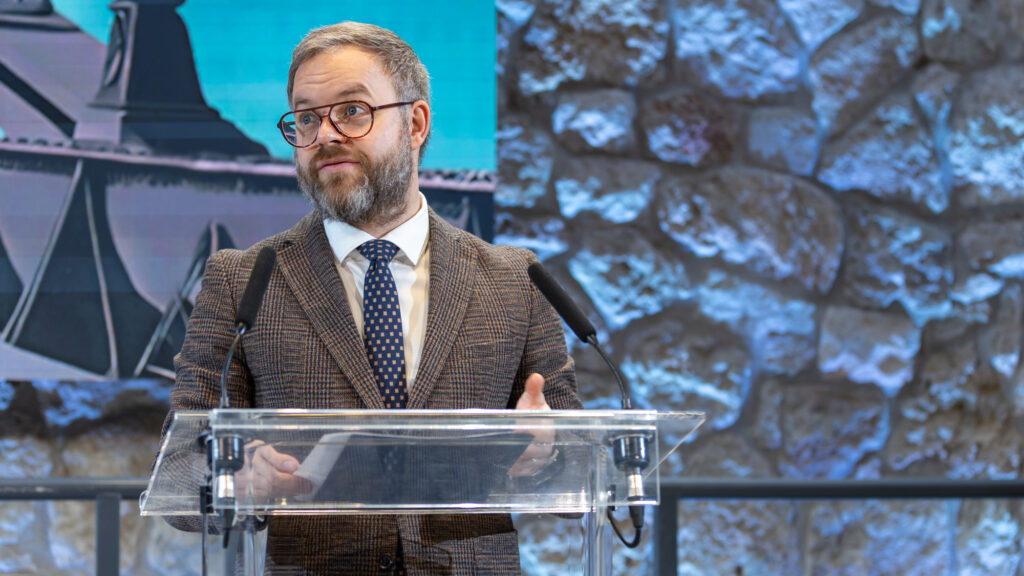‘Hungary has not received any funds from the Recovery Fund, and it will not do so until it implements specific reforms,’ Justice Commissioner Didier Reynders stated during the European Parliament session on Wednesday. The debate among MEPs on Wednesday’s session encompassed various topics, including the Commission’s 2023 rule of law reports. In this context, Reynders highlighted that the rule of law reports issued in recent years have been instrumental in driving positive reforms across Member States.
In its chapter on Hungary within the Rule of Law Report published on 5 July last year, the Commission also recognizes the Hungarian government’s notable advancements in implementing the recommendations outlined in the 2022 report, particularly in reforming the judicial system and implementing anti-corruption measures. Nevertheless, the Commission maintains several concerns regarding Hungary,
particularly pertaining to media freedom, separation of powers, and the transparency of public procurement processes.
The Commission made the decision last December to allocate €10.2 billion to Hungary for advancements in specific areas; however, this funding will be sourced from the Cohesion Fund rather than the Recovery Fund. Commission President Ursula von der Leyen informed the European Parliament in January that an additional funding amounting to over €20 billion would remain frozen due to concerns regarding LGBTIQ rights, academic freedom, and the rights of asylum seekers.
To better understand the current situation, it is essential to revisit the extended and occasionally contentious history involving Hungary, Brussels, and EU funds, dating back to May 2021. During that period, the Hungarian government presented its proposal to the European Commission for economic recovery following the COVID-19 pandemic.
Hungary was to receive €15.4 billion from the EU’s Recovery and Resilience Fund, with a portion allocated as a loan, while approximately €5.8 billion in grants.
Although the Commission had a two-month window to endorse the government’s plan, concerns were raised from the beginning, even though matters related to LGBTIQ rights and migration policy had not yet become focal points.
After over a year of intensive negotiations, the Commission finally granted approval to the Hungarian recovery plan in November 2022. However, the disbursal of funds was contingent upon judicial reforms and progress in the battle against corruption. In this context, the Commission tied the disbursal to the accomplishment of 27 so-called ‘super milestones’.
The Hungarian government has endeavoured, and continues to strive, to fulfil these super milestones in close collaboration with the Commission, with particular cooperation from Didier Reynders. However,
the challenge lies in the fact that Brussels consistently introduces new conditions,
as evidenced by von der Leyen’s statement in January.
The further tightening of the Child Protection Act, already deemed problematic by Brussels, is likely to raise additional concerns within the committee, potentially leading to further delays in Hungary accessing EU funds to which it is entitled. Brussels perceives the law as placing sexual minorities at a disadvantage, despite its primary objective being the protection of Hungarian children—an approach unparalleled in Europe. Moreover, the law seeks to impose stricter penalties on perpetrators of crimes against children, particularly sexual offenses.
The upcoming European Parliament elections have the potential to break the deadlock between the Commission and the Hungarian government. Current polls suggest that right-wing parties have a stronger chance than ever to secure huge gains and significantly alter the trajectory of European politics. Such an outcome could herald a new phase in the relationship between Hungary and Brussels, characterized by pragmatic cooperation, potentially resulting in the release of EU funds.
Related articles:








